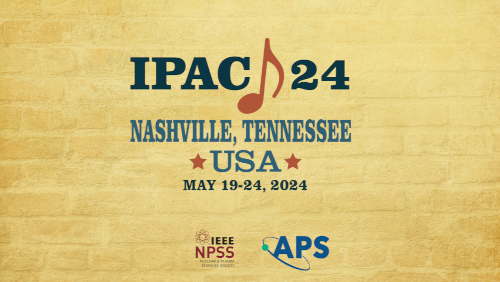Speaker
Description
In this study, we present a deep learning-based pipeline for predicting superconducting radio-frequency (SRF) cavity faults in the Continuous Electron Beam Accelerator Facility (CEBAF) at Jefferson Lab. We leverage pre-fault RF signals from C100-type cavities and employ deep learning to predict faults in advance of their onset. We train a binary classifier model to distinguish between stable and impending fault signals, where each cryomodule has a uniquely trained model. Test results show accuracies exceeding 99% in each of the six models for distinguishing between normal signals and pre-fault signals from a class of more slowly developing fault types, such as microphonics-induced faults. We describe results from a proof-of-principle demonstration on a realistic, imbalanced data set and report performance metrics. Encouraging results suggest that future SRF systems could leverage this framework and implement measures to mitigate the onset in more slowly developing fault types.
Funding Agency
This work is supported by the U.S. Department of Energy, Office of Science, Office of Nuclear Physics under Contract No. DE-AC05-06OR23177.
| Region represented | North America |
|---|---|
| Paper preparation format | Word |
